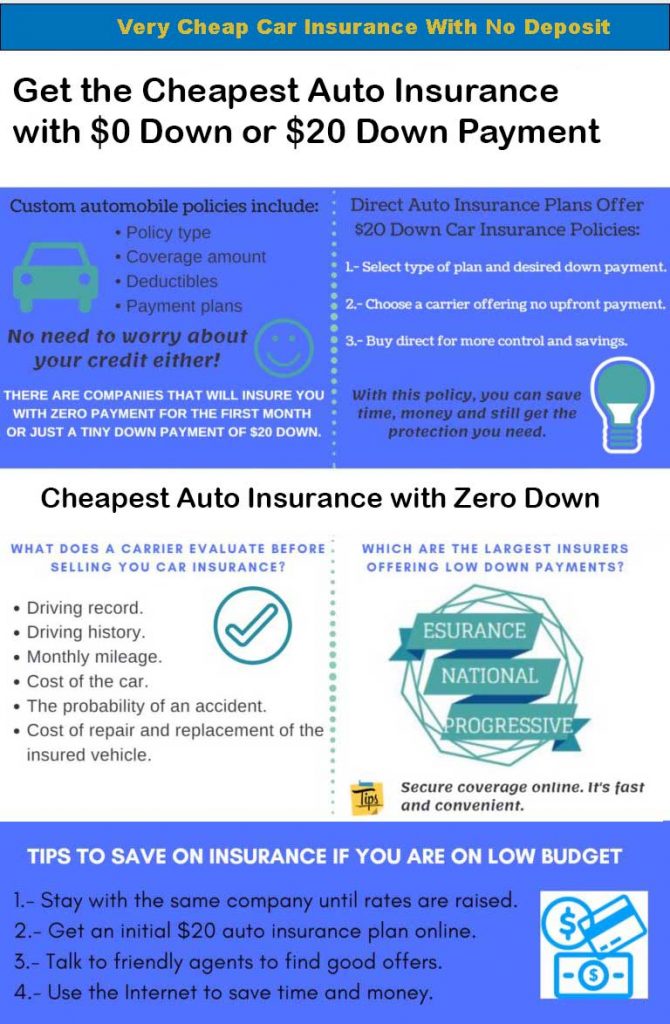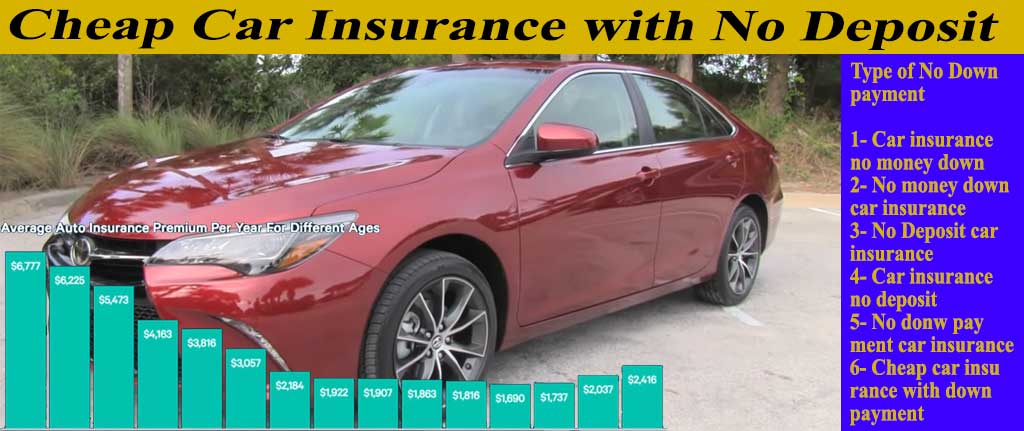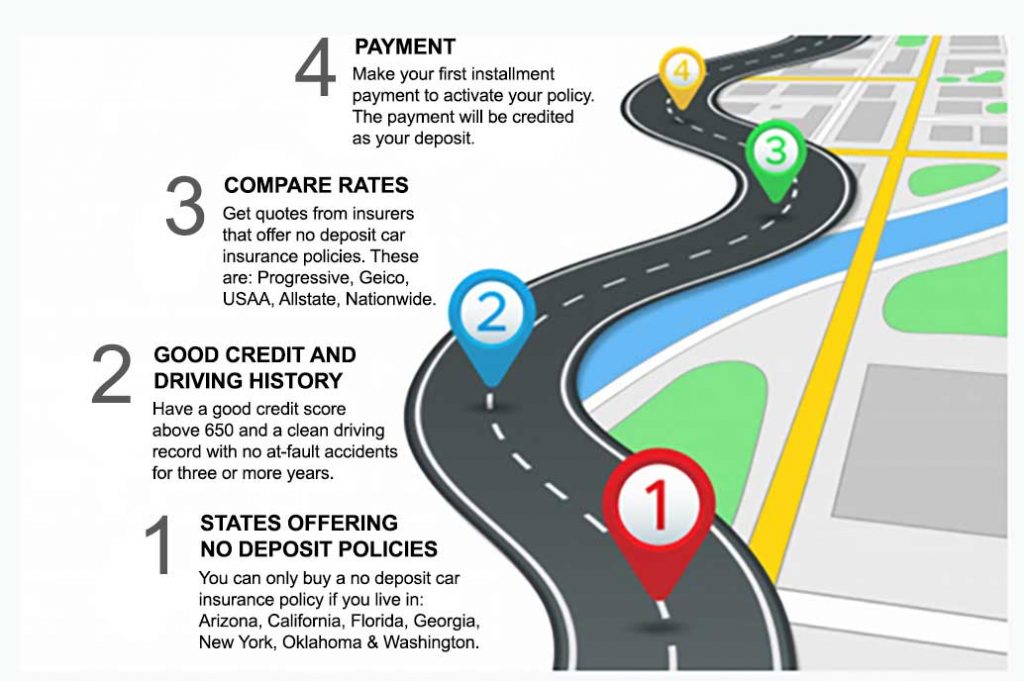Compare no-deposit car insurance companies that don't charge extra for your first month's premium, and explore ways to save on your monthly car insurance bill.
When you shop for a new car insurance policy, many insurers will charge extra for your first month's payment, which is called the deposit. Some drivers will qualify for no-deposit car insurance, which means your first month is the same as or cheaper than the following months.
When you start a new car insurance policy, you'll have the option of paying monthly. For some drivers, the first payment will be more expensive than the next month's payments, and this difference is called the deposit or down payment. The deposit is applied toward future months' premiums and encourages you to maintain coverage with the company through the length of your policy.
No-deposit car insurance means your first month is the same as or cheaper than the following months. The size of the deposit, or extra amount on your first payment, depends on factors like your car, driving history and state. In general, people with safe driving histories and high credit scores are most likely to qualify for no-deposit or low-deposit car insurance.
In this example, if you chose to pay for monthly car insurance with no deposit, you'd pay $34.35 for your first month and $65.13 per month for the next five months. Your six-month premium would be $360.
Not every car insurer offers very cheap car insurance with no deposit. Geico, Progressive and State Farm all had low or no deposits, based on sample quotes for a driver with a good driving history. In fact, Progressive offered a lower rate for the first month than for the following months.
























